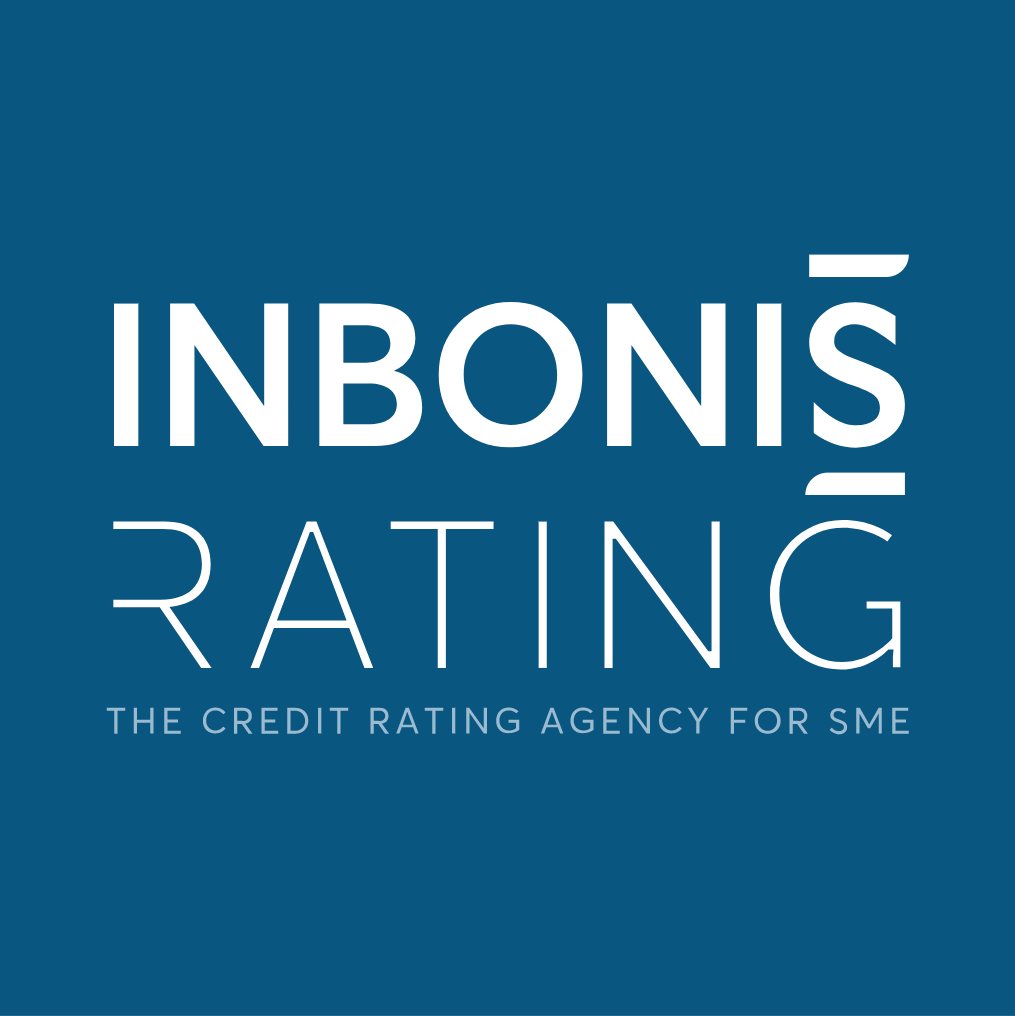INBONIS Rating facilitates the financing of SMEs and midcaps with credit ratings with maturities and pricing commensurate with their size. These ratings, recognized by all players in the financial market and by the European Securities and Markets Authority (ESMA), can speed up the process of obtaining a new bank loan and offer the possibility of negotiating the interest rate on existing loans. Credit ratings are particularly necessary for accessing alternative financing instruments where the capital comes from institutional investors.
How to obtain bank financing
with the help of bank financing
with the help of credit rating?

One of the biggest problems for medium-sized companies when it comes to obtaining bank financing is the documentation they have to submit. Often, companies do not provide the data that the financial sector needs and in the form it needs to measure their creditworthiness. This makes it very difficult for banks to lend to SMEs and therefore raises the price of loans and the level of collateral required to provide financing.
In the process of obtaining bank financing, the credit rating brings mainly two advantages to medium-sized enterprises:
- It speeds up the processes of applying for bank financing.
A positive credit rating helps to obtain bank financing because it facilitates the banks’ own risk analysis and speeds up the process of obtaining financing. Financial institutions not only recognize the level of credit risk of a company in the rating note, but also obtain a Rating Report at no cost, in which they can see the company’s situation, its risks and a comparison with its sector of activity. In the case of small banks, which do not have advanced risk systems, this rating can serve as a guide for screening companies that need bank financing.
- It allows negotiating terms and conditions with the bank from a position of knowledge.
The credit rating also helps companies to differentiate themselves from less creditworthy companies when negotiating the interest rate of a loan from bank financing. The interest rate depends primarily on the credit risk of the company receiving the loan, so between a B and a BB rating there can be a substantial increase in the interest rate.
How to get alternative financing
with the help of alternative financing
with the help of the credit rating?

Institutional investors (insurance companies, pension and management funds, private banks, family offices, etc.) are progressively channeling their investments towards solvent companies, attracted by yields that are much higher than those of other assets and by their moderate level of risk. Medium-sized companies can take advantage of this opportunity to finance their innovation and expansion projects by using credit ratings.
Credit ratings can help companies to obtain alternative financing to bank financing mainly in two ways:
- Accessing institutional investors/managers offering sophisticated private debt products.
There is a growing supply of alternative long-term financing for SMEs emerging in the market from institutional investors, sometimes government-driven. Equity loans, subordinated debt, senior debt and convertible debt are some of the sophisticated alternative financing products available to medium-sized companies. But for fund managers and large institutional investors to invest in SMEs, they need a reliable, independent and up-to-date opinion, i.e. a credit rating. This rating not only helps in deciding which companies to invest in, but also in pricing private debt issued by SMEs.
- Entering the capital market
In Spain, small and medium-sized companies can raise equity financing through their public listing on the BME Growth and can also finance themselves by issuing corporate debt, project bonds and securitization issues on the Mercado Alternativo de Renta (MARF). In order to provide investors with certainty and to calculate the performance of the securities issued by the company, only companies with a minimum rating of BB are allowed to enter the MARF.
In France, SMEs and mid-caps can raise capital on Euronext Growth, but also issue bonds on Euronext Access. In this context, the rating makes it possible to ensure the security of investors and to calculate the return on the securities issued by the company.
